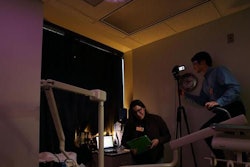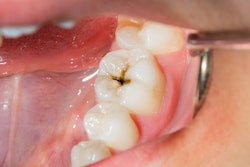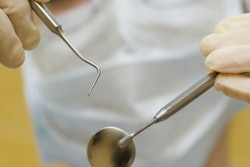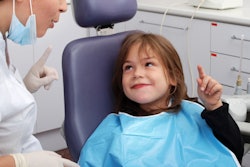
Patients with autism spectrum disorder (ASD) may be more susceptible to oral pathology, including dentoalveolar trauma. Researchers assessed the risk of dentoalveolar trauma in patients with ASD and published their findings on June 28 in the Journal of Stomatology, Oral and Maxillofacial Surgery.
Individuals with ASD have a higher prevalence of oral pathologies, including caries, poor oral hygiene and gingivitis, gingival recessions, bruxism, and malocclusions. Patients with ASD may also be predisposed to dentoalveolar trauma.
"Optimal dental and orthodontic treatment of individuals with ASD will increase only with an increase in awareness about the problems they uniquely face," wrote the study's authors, led by Dr. Marie-Elisabette Andonovski of the University of Geneva in Switzerland (J Stomatol Oral Maxillofac Surg, June 28, 2022).
Andonovski sought to gain a deeper understanding of the prevalence of dentoalveolar trauma in children with and without ASD. A total of 1,488 patients were included in the meta-analysis.
The findings revealed a significant difference in the risk of dentoalveolar trauma in patients with ASD compared to patients without ASD. Specifically, patients with ASD were at higher risk for partial or total luxation injuries.
The reasons for which individuals with ASD are more prone to severe dentoalveolar trauma, although speculative, are numerous. Individuals with ASD may experience cognitive developmental delays, behavioral disorders, and impaired motor coordination. Children with ASD may experience agitation, hyperactivity, or compulsive behaviors.
Another possible reason may be that patients with ASD have a higher association of increased overjet, making them more prone to dentoalveolar trauma. A large overjet is a risk factor for dental traumas.
"Understanding that individuals with ASD are more at risk of these types of more serious dentoalveolar injuries may put more emphasis on prevention in this group of children so as to reduce the prevalence which is presently found," concluded the study authors.



















